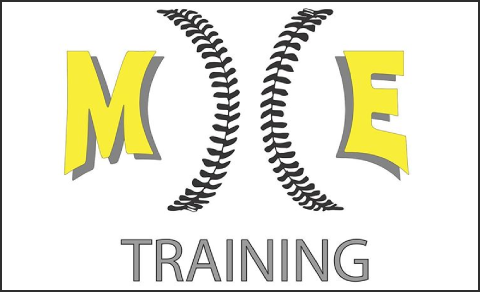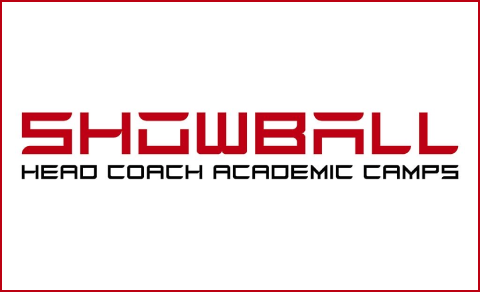When Chris Cruz failed the first test of his life he was not pleased.
Not that anyone is ever pleased to fail a test–but for Chris, he went through his entire youth without ever experiencing much failure and now a freshman at the prestiguous Cornell University, he was now starting his college career in a way he never could’ve imagined.
“It definitely made me revamp the way I was going to go about things,” said the 2010 graduate of Bay Shore HS.

Things always came easily for Chris–whether it be in the classroom (he graduated in the top 10% of his class with a 91 GPA), or on the diamond or the basketball and volleyball court.
Thus is life for Ivy League student-athletes, who are forced to deal with the added pressure of maintaining strong grades while also honoring their athletic responsibilities.
Ever the diligent student, Chris figured it out.
He was able to graduate in four years with a bachelor’s degree in Industrial Labor Relations–but for Cornell’s all-time HR leader in a single-season (12) and a career (25). he wasn’t ready to give up the game he loved dearly.
“Being around baseball is better than anything in the world,” he added.
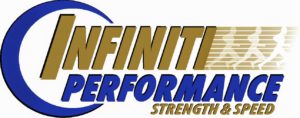
So he hit the road after graduation looking for his chance to play professional baseball. This is not a conundrum he envisioned after his historic sophomore season that put him firmly on the map of scouts across Major League Baseball.
How did this happen?
Just two years prior, Chris was the prospect that scouts fawn over. He smacked 12 HRs–with the final one being a walk-off blast in the 11th inning to win the Ivy League Championship over Dartmouth to deliver Cornell their first title in program history. He also ran a sizzling 6.8 second 60-yard dash.
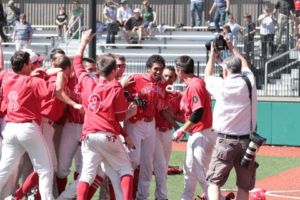
That led to phone calls and emails from scouts that summer. He estimates that between 10-15 teams had him fill out pre-draft questionaires, essentially making him a lock to get drafted in the 2013 MLB Draft.
Then the injury came.
“My hand really started swelling up, but me being a collegiate athlete, we are used to playing through pain. I wound up going to the doctor and getting it checked out,” he said. The X-Ray revealed that he broke his hamate bone in his hand which required surgery. The injury put him on the shelf to begin the season, which resulted in text messages from scouts wondering why he wasn’t playing.
“They asked if I had academic problems but I told them I had surgery.” That resulted in a loss of his tremendous power.
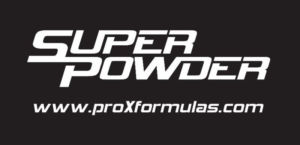
When the hand healed, it still didn’t feel right. Upon getting it checked it, it showed he also had another injury in his wrist which required a second surgery and the placement of a bone anchor–a much more debilitating injury for a power hitter.
He wound up getting only 71 at bats that season and struggling to a .211 AVG–albeit with four HRs. Now the interest in him had cooled down and he wasn’t drafted.
He didn’t perform well enough in his senior season either. He never got that call on draft day. What was once a foregone conclusion was now off the table for the time being.
Chris bounced around tryouts and ended up in the California Winter League. He performed well enough to play in the Pacific Association League for the San Rafael Pacifics. Despite tearing the cover off the ball in Spring Training, he received only eight at bats and was released halfway through the season.
That led him to playing in the Pecos League where he started everyday and performed well.
After the season he went to Florida for a tryout for the United Shore League. He picked up an agent and signed with the Utica Unicorns in Michigan.
The league was only in its first year, but was a huge success. Nine players went on to sign contracts with affiliated teams.
“It’s run like a top-notch league. The owner of the league is a very good business man,” he said. They play in the state-of-the-art Jimmy John’s Field and the league averaged close to 2,000 fans per game.
Cruz will enter the 2017 season as the right fielder, but could see some time at first base as well. He said it doesn’t matter to him and he’ll “do whatever they need me to do.”
He believes it could lead to greener pastures as long as he continues to excel at the plate.
It may have taken longer than he expected, but his career is trajecting upwards. For a brilliant student with an Ivy League degree–it is no surprise he was able to figure it out.
Still, Cruz is a case-study in how Ivy League student-athletes face an interesting dilemma. Do you pursue a career in pro baseball that may be long-winding and seemingly endless? Or do you use your degree to get a job right out of college as so many of his students have?
He noted that one pitcher on his team turned down an opportunity to get drafted because he had an engineering job with a $125,000 starting salary lined up right after graduation.
While not many athletes can relate to this issue, it is a decision that many of the Ivy League students will face when they are equally as gifted on the field as they are in the classroom.
“It’s part of our makeup,” he said in regards to how student-athletes balance their challenging school workloads with the rigorous schedule of Div-I baseball. “You are used to succeeding–so when you are continuously challenged than you learn to handle adversity.”
And that is a life-lesson everyone can adopt.
Follow us on Twitter here !

